Museveni proposes fair distribution of Teso cattle compensation funds
President Museveni proposes that the outstanding 169 billion shillings should be shared equitably among all homesteads in Teso.
President Yoweri Museveni being welcomed upon arrival at Soroti University in Soroti city for a meeting with Teso cattle compensation claimants, local leaders and stakeholders, on August 15, 2025. (PPU)
By Admin .
Journalists @New Vision
___________________
COMPENSATION
President Yoweri Kaguta Museveni has urged that the ongoing cattle compensation exercise in Teso sub-region benefits all households, rather than concentrating the funds on a few claimants.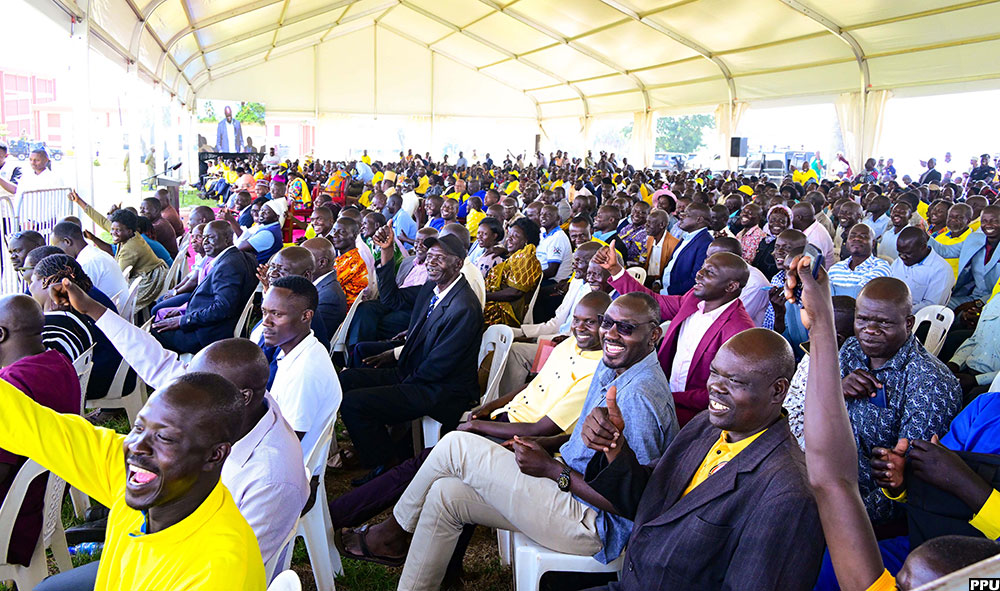
Speaking on Friday (August 15) at Soroti University during a meeting with some of the cattle compensation claimants, local leaders and stakeholders, the President said that loss of cattle in Teso was caused by past wars, and what is often referred to as “compensation” should be regarded as rehabilitation.
He said that in previous exercises, lawyers received a large portion of the funds, reducing the amount that reached beneficiaries. To prevent this, the government now ensures that payments are directly delivered to households.
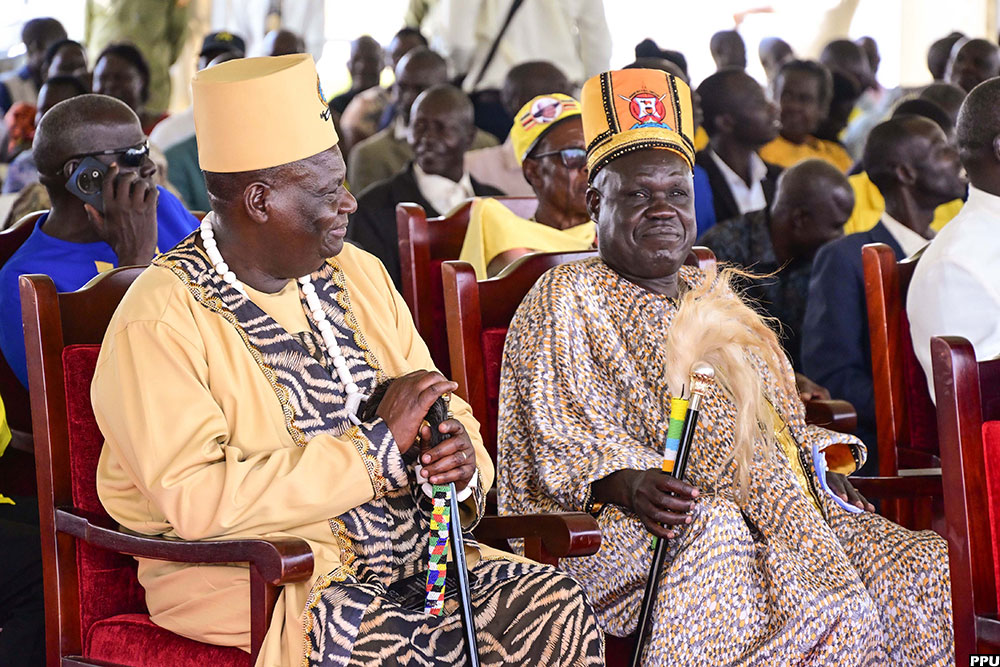
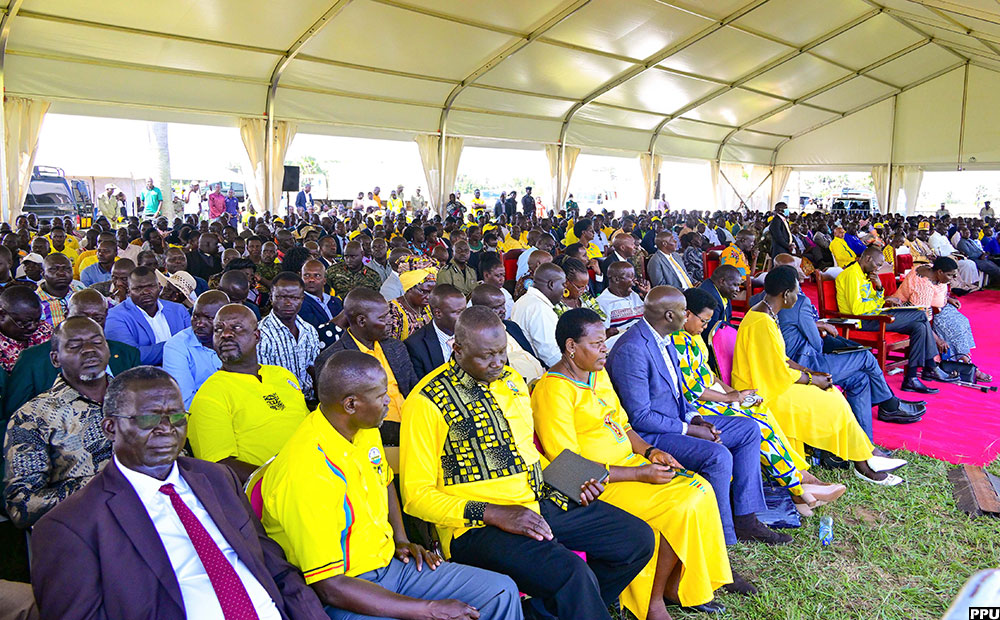
Museveni proposed that the outstanding 169 billion shillings should be shared equitably among all homesteads in Teso, rather than giving large sums to a few claimants.
He illustrated his idea: that if each cow is valued at one million shillings, the fund could cover 169,000 cows. With roughly 69,000 households, each could receive about two to three cows, while the 28,000 households who have already benefited would be excluded from this allocation.
To ensure fairness, the President suggested forming a committee of elders, youth, and women leaders to harmonize distribution and budget allocation. Additionally, depending on calculations and phased disbursement, households could potentially receive up to five cows each.
Vice-President Jessica Alupo thanked Museveni for visiting Teso to address the longstanding cattle issue.
She praised him for maintaining peace in the region, attributing stability to his visionary leadership in guiding the Uganda People’s Defence Forces (UPDF).
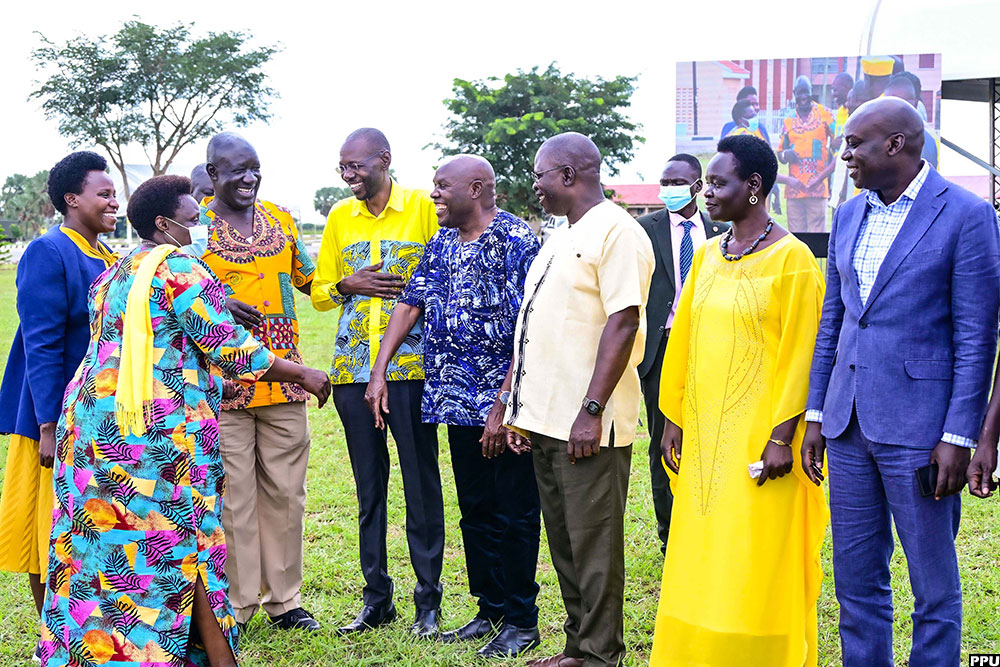
The Deputy Attorney General, Jackson Kafuuzi, reported that the compensation process has been overhauled to ensure direct payments to verified claimants, moving away from court-mediated settlements.
The verification now takes place at subregional and district levels, involving local council committees (LC1 and LC2), chief administrative officers, district government officers, and local depots, deliberately avoiding centralized verification in Kampala.
The Ministry of Justice and Constitutional Affairs issues data cards for claimants to fill in their bio-data, which is verified from the village level to the district registrar.
The system started in 2016/2017, when the United States Committee verified thousands of claimants, including 16,946 in various subregions.
Museveni launched the Cattle Compensation Initiative Series in March 2022 with a planned budget of 200 billion shillings. Since then, total payments have reached 506.7 billion shillings.
Recent disbursements in the Lango sub-region alone included 12,389 payments worth 48.7 billion shillings, with additional allocations across other sub-regions bringing the total for this round to 128.3 billion shillings through 28,281 payments.
However, 24,509 verified claimants remain unpaid, with outstanding claims totaling 506.69 billion shillings.
They include 5,570 claimants in the northern region with claims worth 191.5 billion shillings, 8,284 claimants in the eastern region with claims amounting to 119.26 billion shillings, and 10,708 claimants in the central region with claims totaling 165.9 billiob shillings.
It is understood delays are largely due to incorrect or duplicate account details, closed or blocked bank accounts, and mismatched claimant identification.
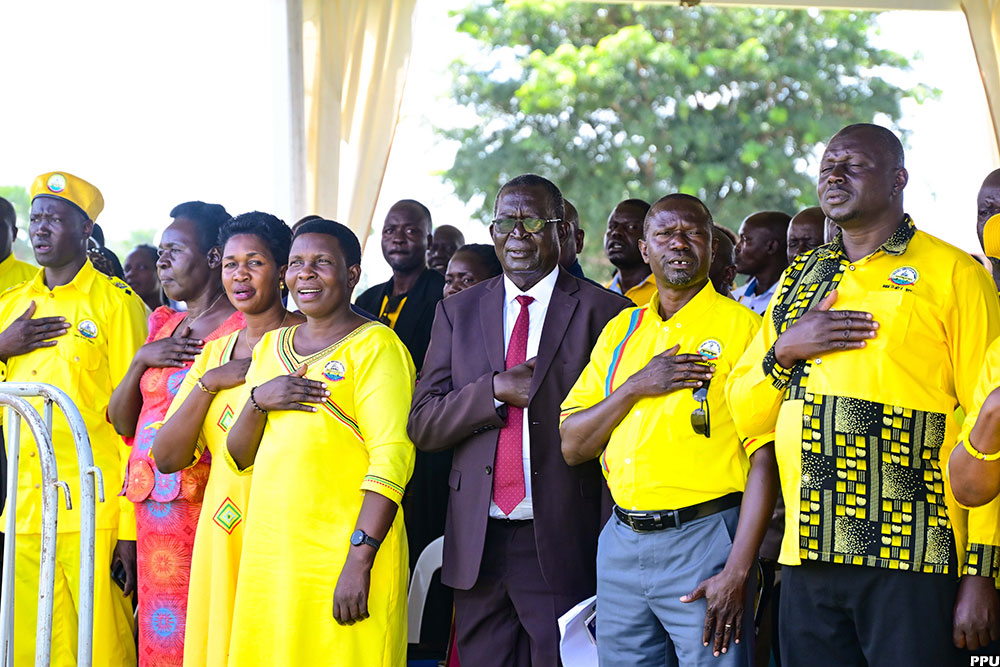
Bosco Okiror, MP for Usuk Constituency in Katakwi district, urged the government to enhance transparency in payments and resolve pending legal disputes.
He cited three court cases involving claimant Elijah Okupa and others, with claims totaling about $207,000 annually, mostly from Teso.
Okiror suggested that while some matters remain in court, negotiation could resolve issues faster.
He proposed that large claims be settled through phased and sequential payments and emphasized that compensation extends beyond cattle losses to include loss of life and destruction of property, requiring a holistic settlement.